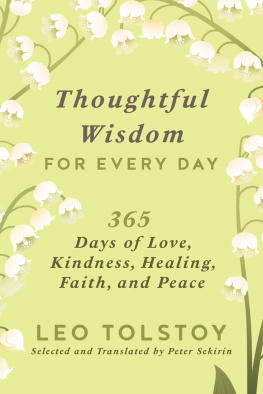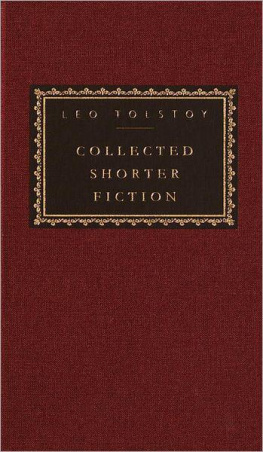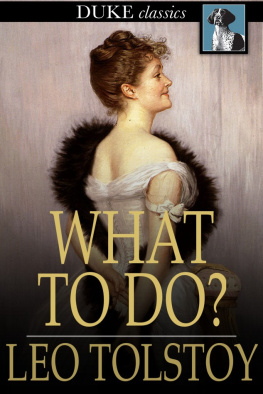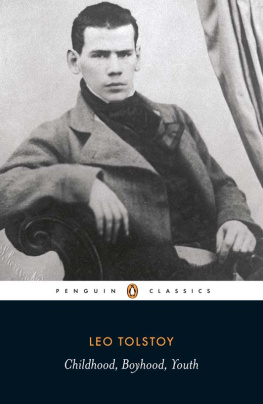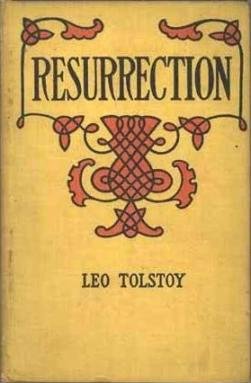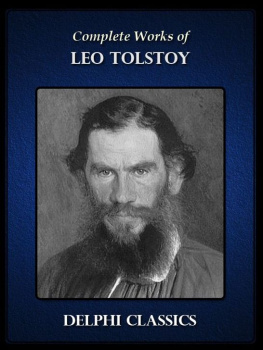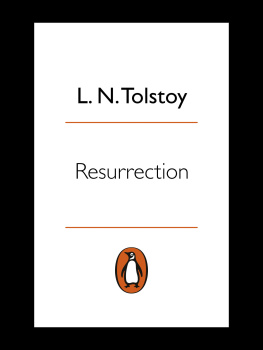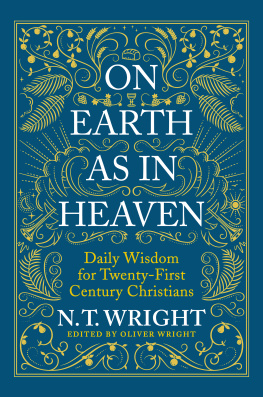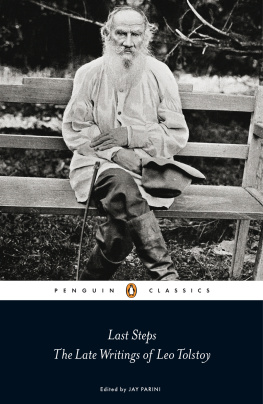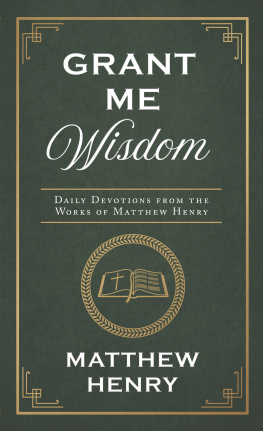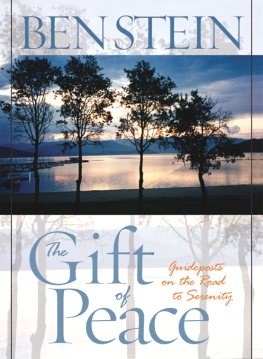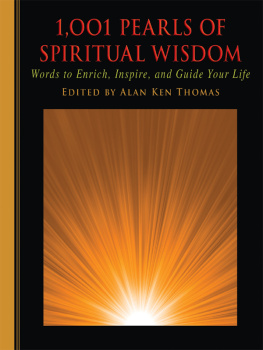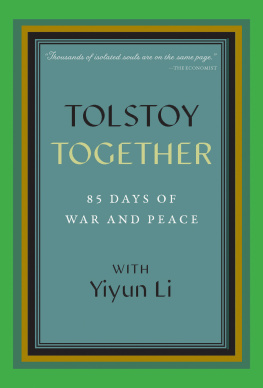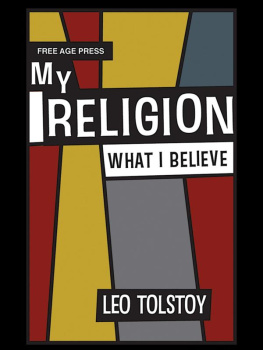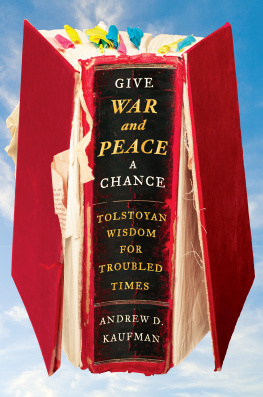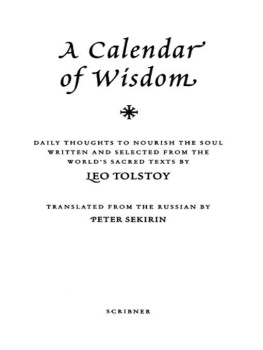


English-language translation, introduction, and compilation copyright 2005 by Peter Sekirin
All rights reserved. No part of this book may be reproduced in any manner without the express written consent of the publisher, except in the case of brief excerpts in critical reviews or articles. All inquiries should be addressed to Arcade Publishing, 307 West 36th Street, 11th Floor, New York, NY 10018.
First Arcade/Skyhorse Hardcover Edition 2021
Arcade Publishing books may be purchased in bulk at special discounts for sales promotion, corporate gifts, fund-raising, or educational purposes. Special editions can also be created to specifications. For details, contact the Special Sales Department, Arcade Publishing, 307 West 36th Street, 11th Floor, New York, NY 10018 or .
Arcade Publishing is a registered trademark of Skyhorse Publishing, Inc., a Delaware corporation.
Visit our website at www.arcadepub.com.
10 9 8 7 6 5 4 3 2 1
Library of Congress Cataloging-in-Publication Data is available on file.
Cover design by Erin Seaward-Hiatt
Cover illustration: Ceneri/Getty Images
ISBN: 978-1-951627-89-8
Ebook ISBN: 978-1-62872-135-5
Printed in the United States of America
Also by Peter Sekirin:
The Dostoevsky Archive
Memories of Chekhov: Accounts of the
Writer from His Family, Friends,
and Contemporaries
(translator)
The Complete Early Chekhov ,
by Anton Pavlovich Chekhov
Divine and Human, by Leo Tolstoy
A Calendar of Wisdom, by Leo Tolstoy
A Night in the Cemetery: And Other
Stories of Crime and Suspense,
by Anton Chekhov
Tolstoys Words to Live by: Sequel to a
Calendar of Wisdom, by Leo Tolstoy,
edited by Alan Twigg
T ABLE OF C ONTENTS
A CKNOWLEDGMENTS
I would like to express my sincere acknowledgments to the following people: my friends Karla Lees, Kim Yates, Phil Hill, and Patrick Parnaby for their help with the initial editing of the manuscript and selection of the wise thoughts; my editor, Cal Barksdale, for his professional advice, expertise, and wisdom; and my wife, Helen, parents, Vera and Vsevolod, and children, Matthew, Marina, George, and Elias for all their inspiration and support.
I NTRODUCTION
Tolstoys Last Major Work: Its Importance, the History of Its Creation and Publication, and Its Major Message
The Thoughts of Wise Men was Leo Tolstoys final work, the one he loved more than all others and considered his most important single contribution to humanity. In it, Tolstoy distilled and presented the spiritual wisdom of many nations, cultures, and historical periods to create an original work, unsurpassed by anything in world literature. As his source, he drew from the worlds sacred texts, major religions, and great philosophical systems and the literary works of more than three hundred of his favorite authors.
Tolstoy devoted the last eight years of his life to this project, which took shape as a trilogy of books that evolved over several editions:
The Thoughts of Wise Men (1903);
A Circle of Reading (1906), first published in English in 1997 by Scribner under the title A Calendar of Wisdom;
Thoughtful Wisdom for Every Day (1909), recently rediscovered in Russia and now published in English for the first time.
The Thoughts of Wise Men (1903)
The first book contained only one to three thoughts per day, about eight hundred in all, with forty-one authors represented. It was relatively short, and the thoughts were arranged randomly and not thematically linked: they were just a collection of intellectual gems by Tolstoys favorite writers. The booklet enjoyed considerable success and went through more than a dozen editions, one every year starting in 1903. It was even published as a desktop gift calendar. Its popularity led Tolstoy to revisit and rethink this project in 1904, with a view to creating a book that would be necessary for everyone, and he spent most of his time and literary energy on it.
A Circle of Reading (1906)
Tolstoy at first set to work revising and enlarging The Thoughts of Wise Men. At the beginning of 1904, he wrote in his diary, I am busy improving The Thoughts . Several months later, though, it became obvious that he was not merely editing: he was working on the creation of a completely new book, different from The Thoughts in its structure, size, volume, and quality. At the outset, Tolstoy referred to this new project as A New Calendar, or sometimes A Calendar of Wisdom, but he soon began to call it A Circle of Reading. He first mentioned it by this title in his letter to G. Rusanov on September 24, 1904: During the last days I have been busy: Im not working on my Calendar anymore but on A Circle of Reading every day.
The thoughts in this new book were organized around daily topics such as love, God, friendship, life, and children, spread throughout the twelve months. The work moved slowly owing to the huge amount of source material. Tolstoy read and reread more than three hundred books while he worked on the second part of the trilogy, and the Calendar grew from three dozen pages to many hundreds. Each entry included five to seven, sometimes more, wise thoughtsover two thousand in totalcarefully selected from Tolstoys library of more than 22,000 volumes, from the works of over 250 of the greatest thinkers and writers of all time, and, in the case of several hundred thoughts, from fifty different collections of quotations in Russian, French, English, and German.
Every day started and ended with a thought by Tolstoy himself, styled in italics. The writer also added fifty-two weekly readings, which consisted of a short story or a chapter from a novel by one of his favorite writers, among them Anton Chekhov, Fyodor Dostoyevsky, Gustave Flaubert, Victor Hugo, and Plato. The book became so large that it was published not as a single volume but as twelve monthly booklets in 1906. It went through numerous editions between 1907 and 1915.
However, this second work of his trilogy lacked to a certain degree coherence and integrity. There was no general structure or message for the whole book, the topics repeated more or less randomly and were not linked to a specific day of the month, the days lacked headings, and even the weekly readings were inconsistent, varying between fiction and nonfiction.
Thoughtful Wisdom for Every Day (1909)
From 1906 to 1909, Tolstoy became so preoccupied with this project that he decided to produce another, similar book, to be titled The Thoughts of Wise Men for Every Day. The title was eventually shortened to For Every Day. With this work, the writer fully achieved what he intended: For Every Day had a definite structure, with a monthly cycle of repeating themes, and it was more focused, more precise, and at the same time more accessible to a broad readership.
Each day of the year consisted of nine to twelve aphorisms or thoughts. In the previous book, Tolstoy had added another two hundred authors to those cited in the first. However, this time the bulk of the book was comprised of wise thoughts written by Tolstoy himself. Then, Tolstoy came up with an unusual, breakthrough idea: he created thirty topics (God, love, faith, soul, truth, and so forth) to correspond to each day of the month, and, with some variation, repeated the same structure every month. Tolstoy stressed in correspondence to his friend, the literary critic, V. Posse, that this book was different from anything he had ever written because of the scope and type of material.
Next page
